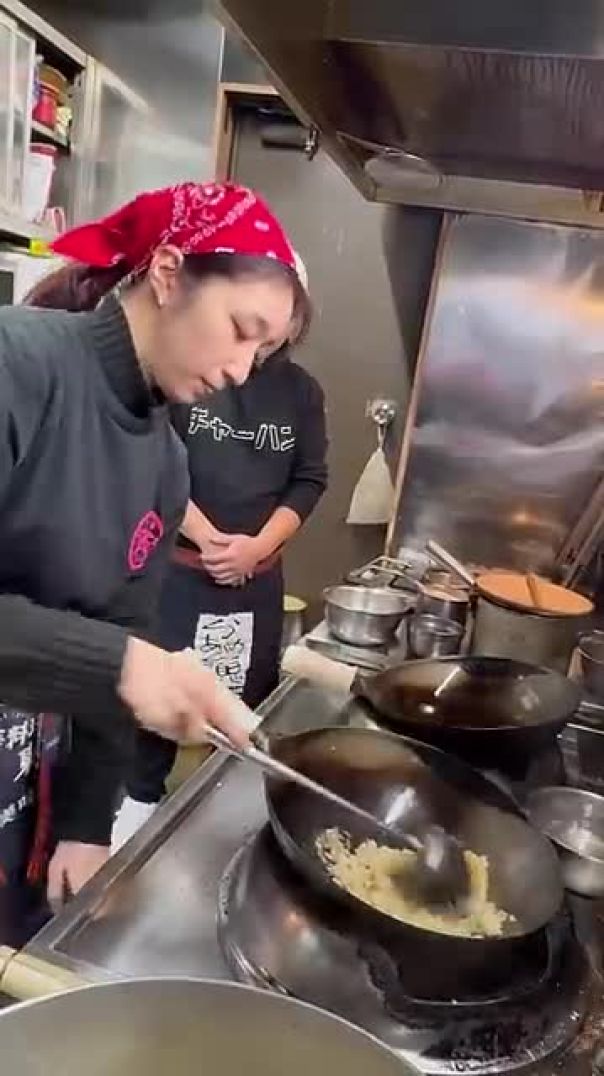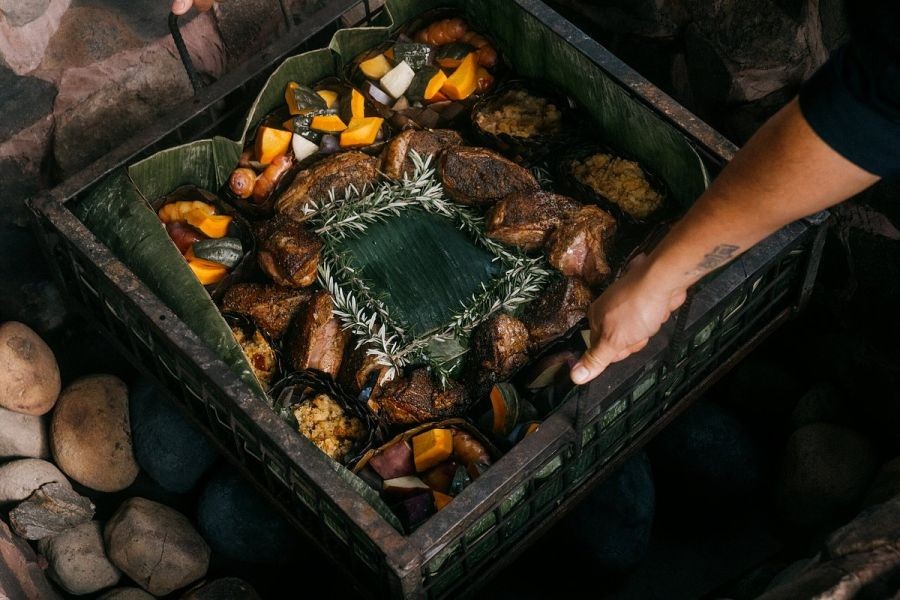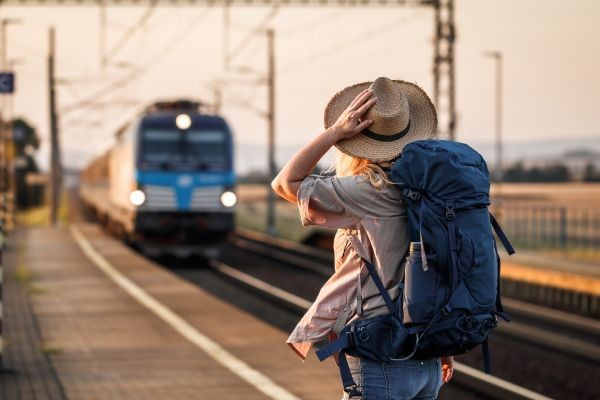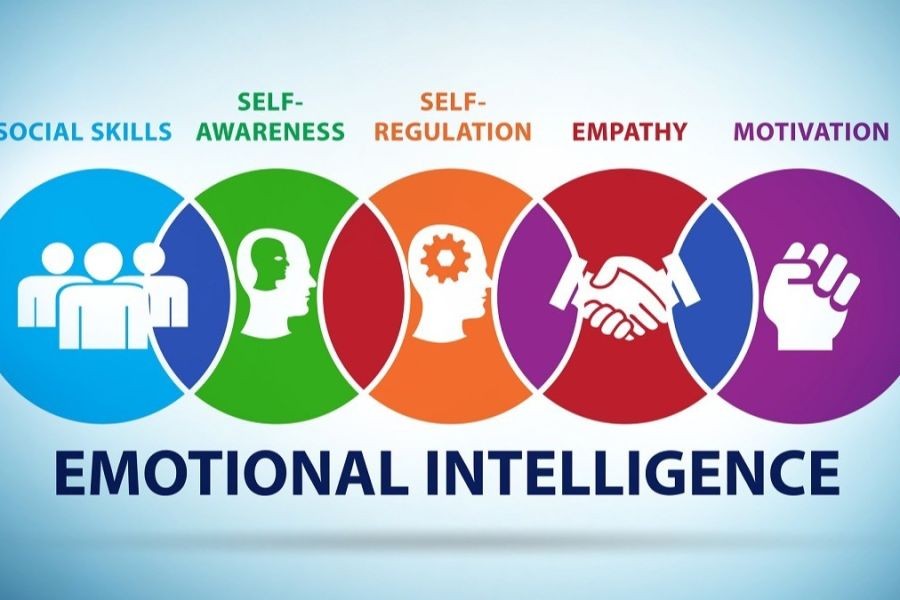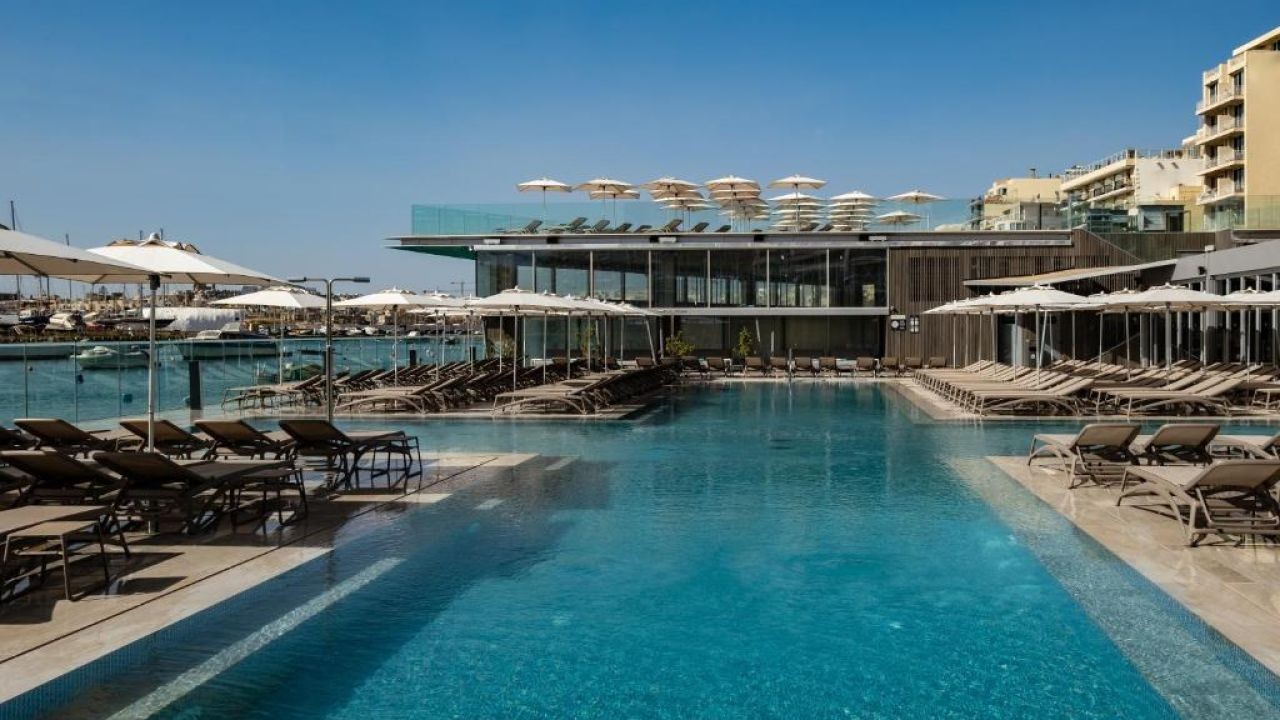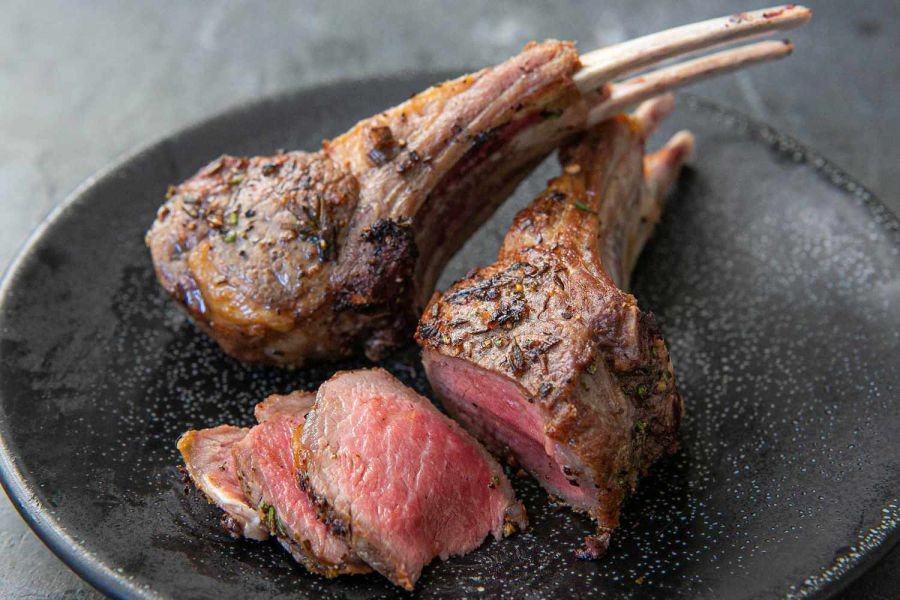With New Zealand's vibrant tapestry of cultures, the celebration of Maori cultural festivals offers an enriching glimpse into the indigenous heritage that shapes Kiwi identity. For New Zealanders and visitors alike, these festivals provide not only cultural insights but also a connection to the country's deep-rooted traditions. Understanding the economic and social implications of these events is crucial, especially against the backdrop of New Zealand's tourism and hospitality sectors, which significantly contribute to the national economy.
The Importance of Maori Cultural Festivals
Maori cultural festivals are more than just celebrations; they are a testament to the resilience and vibrancy of Maori culture. These events provide a platform for knowledge exchange, community bonding, and cultural preservation. From a business perspective, they attract tourists, boosting local economies and promoting cultural tourism, a sector that Statistics New Zealand highlights as contributing significantly to the country's GDP.
1. Te Matatini - The Pinnacle of Maori Performing Arts
Held biennially, Te Matatini is the premier kapa haka festival in New Zealand, showcasing traditional Maori performing arts. It's a cultural extravaganza that draws thousands of participants and spectators from across the country and overseas.
Case Study: Te Matatini's Economic Impact
Problem: The tourism sector in New Zealand faced challenges in maintaining steady visitor numbers during off-peak seasons.
Action: By strategically scheduling Te Matatini during a typically quiet period, Tourism New Zealand leveraged the festival to attract international visitors, thereby stabilizing tourism revenues.
Result: The 2019 Te Matatini festival generated an estimated $15 million for the host region, with local businesses reporting a 30% increase in sales during the event.
Takeaway: Maori festivals can significantly boost local economies by attracting international tourists, highlighting the potential for cultural events to fill tourism gaps.
2. Matariki - Celebrating the Maori New Year
Matariki, the Maori New Year, is a time of reflection, remembrance, and renewal. This festival marks the rising of the Matariki star cluster and is celebrated across New Zealand with various events, including traditional feasts, storytelling, and art exhibitions.
The recent recognition of Matariki as a public holiday by the New Zealand government underscores its cultural significance and potential economic impact. According to the Ministry of Business, Innovation, and Employment (MBIE), the holiday is expected to boost domestic tourism and retail spending.
3. Pasifika Festival - A Celebration of Pacific Cultures
While not exclusively Maori, the Pasifika Festival held in Auckland celebrates the rich tapestry of Pacific Island cultures, including Maori. This festival is the largest of its kind in the world, attracting over 200,000 visitors annually.
Pros:
- Economic Boost: The festival injects millions into the Auckland economy, benefiting local businesses and vendors.
- Cultural Exchange: Provides a platform for cultural exchange and understanding among diverse communities.
Cons:
- Logistical Challenges: The scale of the festival requires significant planning and resources, which can strain local infrastructure.
4. Waitangi Day - A National Commemoration
Waitangi Day, observed on February 6th, commemorates the signing of the Treaty of Waitangi in 1840. It's a day for reflection on New Zealand's history and a time to celebrate its diverse cultural heritage through various regional events and activities.
While primarily a day of remembrance, the associated events can boost local economies, particularly in regions hosting large celebrations. However, the day also invites critical discussions on the treaty's role and impact, highlighting the need for ongoing dialogue and reconciliation.
5. Hokitika Wildfoods Festival - A Culinary Adventure
Though not strictly a Maori festival, the Hokitika Wildfoods Festival celebrates the unique flavors of New Zealand, including traditional Maori cuisine. This festival offers a taste of the country's culinary heritage, attracting food enthusiasts from around the globe.
Myth: "Cultural festivals only benefit local communities."
Reality: These festivals have far-reaching economic impacts, drawing international tourists and promoting New Zealand's cultural brand globally.
Economic and Cultural Implications
The economic benefits of Maori cultural festivals extend beyond immediate tourism revenue. They promote cultural tourism, which can lead to sustainable economic development. According to Stats NZ, cultural and recreational services contribute significantly to the nation's GDP, with cultural festivals playing a pivotal role in this sector.
Moreover, these festivals foster cultural exchange and understanding, essential in a multicultural society like New Zealand. They provide an opportunity for non-Maori communities to engage with Maori traditions, fostering inclusivity and mutual respect.
Future Trends and Predictions
As New Zealand continues to embrace its cultural diversity, the significance of Maori festivals is likely to grow. With the government's ongoing support and recognition of their cultural and economic value, we can expect these festivals to play an even more significant role in New Zealand's cultural landscape.
By 2030, the integration of digital technology in festival experiences could further enhance engagement and accessibility, reaching global audiences and creating new revenue streams. This digital transformation aligns with global trends in cultural tourism and offers exciting opportunities for innovation.
Conclusion
Maori cultural festivals offer a rich tapestry of experiences that are integral to New Zealand's identity and economy. As these festivals continue to evolve, they hold the potential to drive cultural tourism, promote economic growth, and foster a deeper understanding of Maori heritage. Embracing these festivals not only enriches the cultural fabric of New Zealand but also positions the country as a vibrant and inclusive destination on the global stage.
What are your experiences with Maori cultural festivals? Share your insights and join the conversation below!
People Also Ask
How do Maori cultural festivals impact New Zealand's economy?
Maori cultural festivals boost tourism and local economies by attracting international and domestic visitors, leading to increased spending in hospitality and retail sectors.
What is the significance of Te Matatini?
Te Matatini is the premier kapa haka festival, showcasing Maori performing arts and drawing participants and spectators globally, significantly impacting cultural tourism.
How is Matariki celebrated in New Zealand?
Matariki is celebrated with traditional feasts, storytelling, and art exhibitions, marking the Maori New Year and fostering community and cultural reflection.
Related Search Queries
- Maori cultural festivals in New Zealand
- Te Matatini festival significance
- Matariki celebration in New Zealand
- Economic impact of Maori festivals
- Pasifika Festival Auckland
- Waitangi Day events
- Hokitika Wildfoods Festival
- Cultural tourism in New Zealand
- Maori performing arts
- Future of Maori festivals


